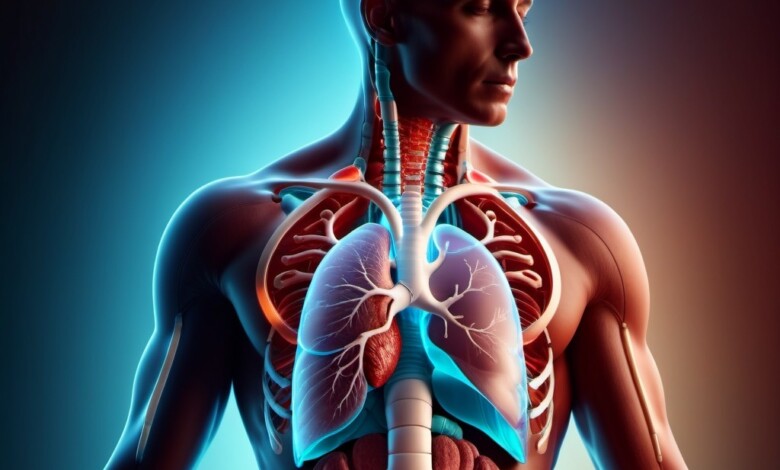The nutritional benefits of fasting in Islam

By Ashraf Kitaka (Msc. Nutrition)
Assalam alaykum warahmatullahi wabarakatuh.
The blessed month of Ramadhan is approaching, bringing with it a time of spiritual reflection, self-discipline, and devotion to Allah. One of the defining acts of worship in this sacred month is fasting, which is not only a means of spiritual purification but also a practice with profound health benefits.
The prophetic saying, “Fast and you will have health,” highlights the intrinsic link between fasting and well-being, a connection that modern nutritional science continues to affirm.
One of the key processes activated during fasting is autophagy, the body’s natural recycling system. When food intake is limited, the body shifts its focus from digestion to cleaning out damaged cells and repurposing their components. This process helps the body eliminate toxins, repair itself, and function more efficiently, contributing to overall health and longevity.

Detoxification and digestive health: One of the key nutritional benefits of fasting is its role in weight management. By restricting food intake for a specific period, the body is forced to utilize stored fat for energy, leading to gradual and sustainable weight loss. Additionally, fasting improves insulin sensitivity, reducing the risk of type 2 diabetes. Research has shown that intermittent fasting, which resembles the fasting pattern in Ramadhan, enhances metabolism and helps regulate blood sugar levels.
Cardiovascular benefits: Fasting has been linked to improved heart health by lowering cholesterol levels and reducing blood pressure. By controlling meal portions and avoiding excessive intake of processed foods, individuals who fast can significantly lower their risk of cardiovascular diseases. The emphasis on breaking the fast with dates and water, as practiced by the Prophet Muhammad (peace be upon him), also ensures a gradual increase in blood sugar levels without overwhelming the body.
Mental clarity and emotional well-being: Beyond physical health, fasting has a profound impact on mental and emotional well-being. It enhances cognitive function, increases focus, and promotes mental clarity. The disciplined eating pattern helps regulate mood, reducing stress and anxiety. The spiritual connection that comes with fasting fosters inner peace, gratitude, and a sense of mindfulness, which contributes to overall emotional stability.
Balanced nutrition in Ramadhan: To maximize the health benefits of fasting, it is essential to maintain a balanced diet during suhoor (pre-dawn meal) and iftar (breaking fast). Suhoor should include complex carbohydrates, proteins, and healthy fats to sustain energy levels throughout the day. Hydration is also crucial, with an emphasis on consuming enough water between iftar and suhoor to prevent dehydration.
In conclusion, the wisdom in the prophetic saying, “Fast and you will have health,” is evident in the numerous health benefits that fasting offers. From detoxification and weight management to cardiovascular health and mental clarity, fasting aligns with holistic well-being. As we embrace Ramadhan, let us not only fast for spiritual rewards but also recognize the immense nutritional benefits that this sacred practice brings to our bodies and minds.


